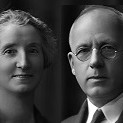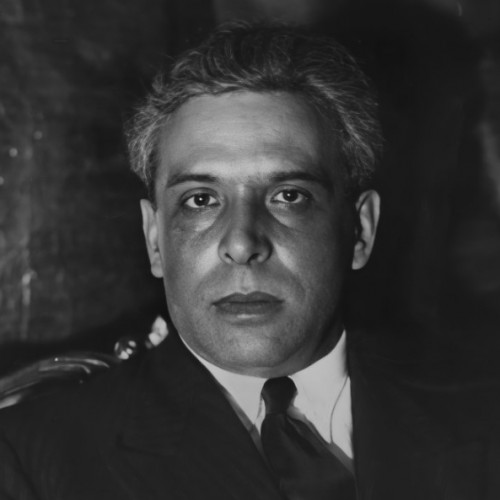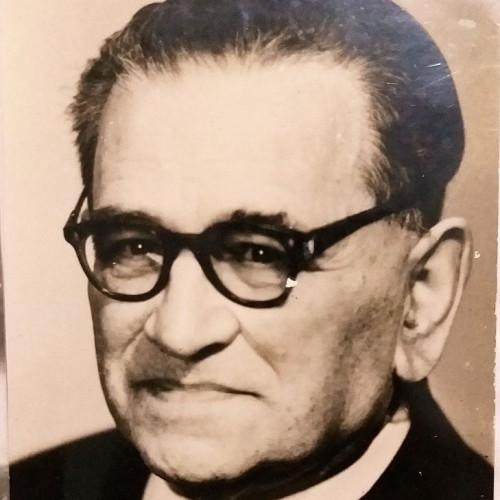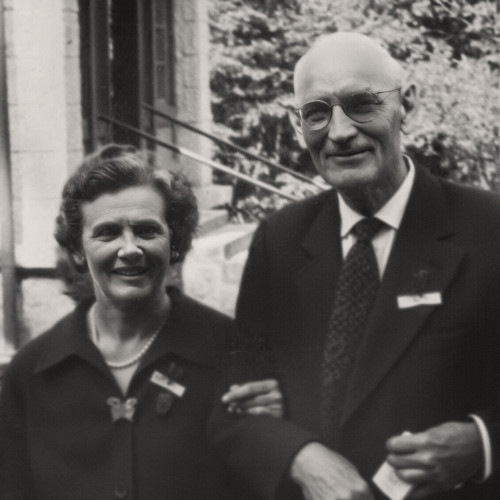Peter Fraser (1884-1950) Janet Fraser (1888-1945) - Instytut Pileckiego
Peter Fraser (1884-1950) Janet Fraser (1888-1945)
Awarded in 2022.

In the autumn of 1944, the troopship USS General George M. Randall was moored at the coast of New Zealand, carrying 733 Polish children – mostly orphans – and their guardians.
Their trail had led from Poland through Siberia and Iran. Prior to their arrival in the Wellington port, the children had been deported from their country by the Soviets, and had suffered through the loss of their families, hunger and alienation.
A year earlier, Janet Fraser had learned about the fate of the Polish children evacuated to Iran from Maria Wodzicka, the wife of a Polish consul. Moved by the story, Janet organized a large-scale information campaign across New Zealand, with the aim of supporting the Poles. She persuaded her husband, Peter Fraser, who at the time was the Prime Minister of New Zealand, to invite the children into the country. In December 1943, Peter Fraser wrote to consul Wodzicki, “the New Zealand Government would make all arrangements in connection with the establishment of the camp and would provide all necessary capital equipment […]. Responsibility for maintenance costs, such as food and clothing, would also be accepted by the New Zealand Government.”
The efforts made by the Frasers proved successful. Ryszard Gołębiewski, one of the rescued children, recalled his arrival in New Zealand: “we were greeted by a crowd. As we were being led to the train, someone put a piece of candy in my hand. It was delicious. That was my first taste of candy.”
The evacuees were placed in the Polish Children’s Camp in Pahiatua, which they quickly started calling paradise. Prime Minister Fraser frequently visited the camp and made sure it was held in proper condition. Janet headed a New Zealand citizens’ committee until her death caused by tuberculosis in March 1945. Supported by the locals, the committee organized material aid for young Poles, set up theater plays and games for both Polish and New Zealand children.
After the war, Peter Fraser declared willingness to finance the return of the Polish children to their homeland. He realized, however, that their future in communist Poland would be difficult. Most of the children remained in New Zealand, where they were able to continue their education and enroll at a university, thanks to scholarships funded by Fraser. Over the years, the “Polish Children of Pahiatua” have created a very active Polish community in New Zealand.
As the settlement kept developing, it turned out we would not have enough buildings for a school. When we asked the authorities, the school was built within a week. It appeared as if created by magic, which proves how effective and decisive was our fairy godfather, the kind Prime Minister Fraser.
See also
- César de Sousa Mendes do Amaral e Abranches

awarded
César de Sousa Mendes do Amaral e Abranches
(1885–1955)In the 1930s, César de Sousa Mendes was at the height of his diplomatic career. He worked at missions in Africa, Europe, America and Asia. He was Portugal’s Minister of Foreign Affairs for a year.
- Pedro Correia Marques

awarded
Pedro Correia Marques
(1890–1972)It began with penning short articles and tidying the editorial office of the “Rosário” monthly, where he had been working since 1909. By the late 1930s, Pedro Correia Marques headed “A Voz,” the most widely read daily newspaper in Portugal.
- Berta Ludvighová (1903–1983) Otto Ludvigh (1898–1987)

awarded
Berta Ludvighová (1903–1983) Otto Ludvigh (1898–1987)
The Kežmarok house was a unique location for Polish couriers and refugees: they could rest and recuperate there, eat a meal, or obtain necessary assistance.


